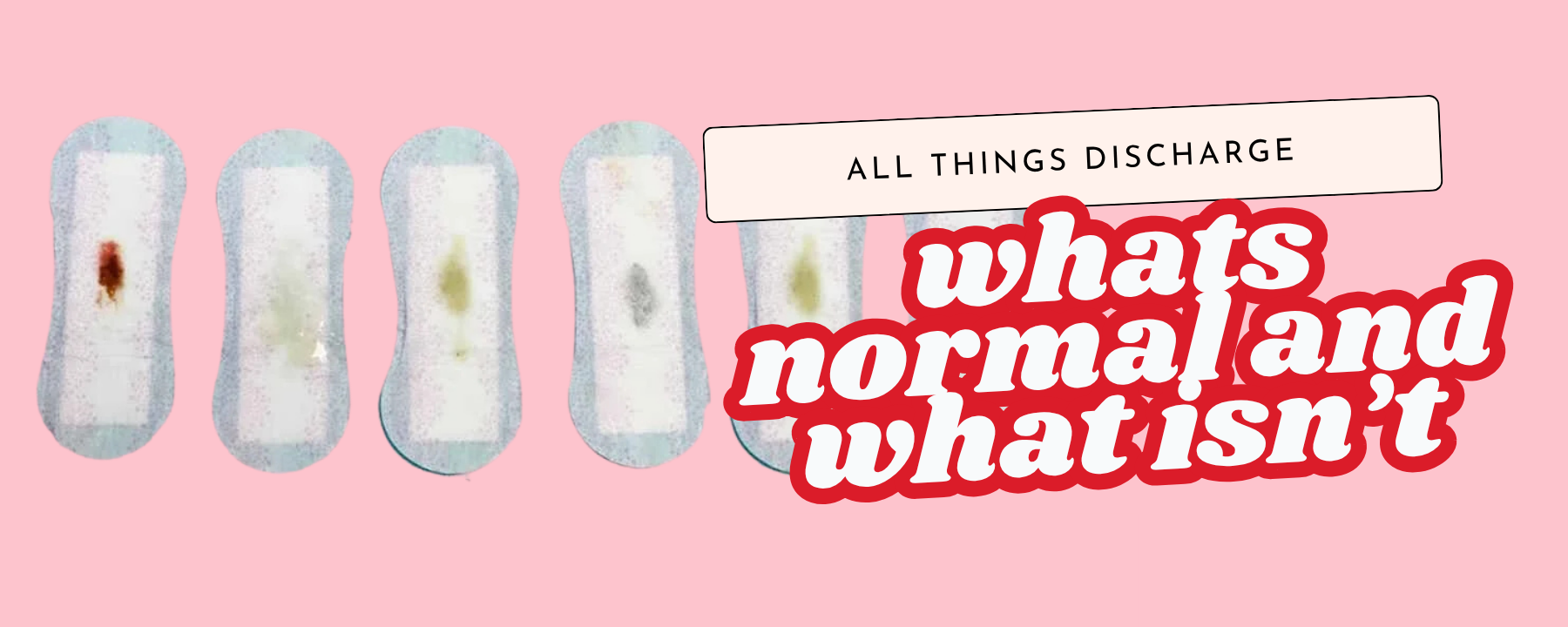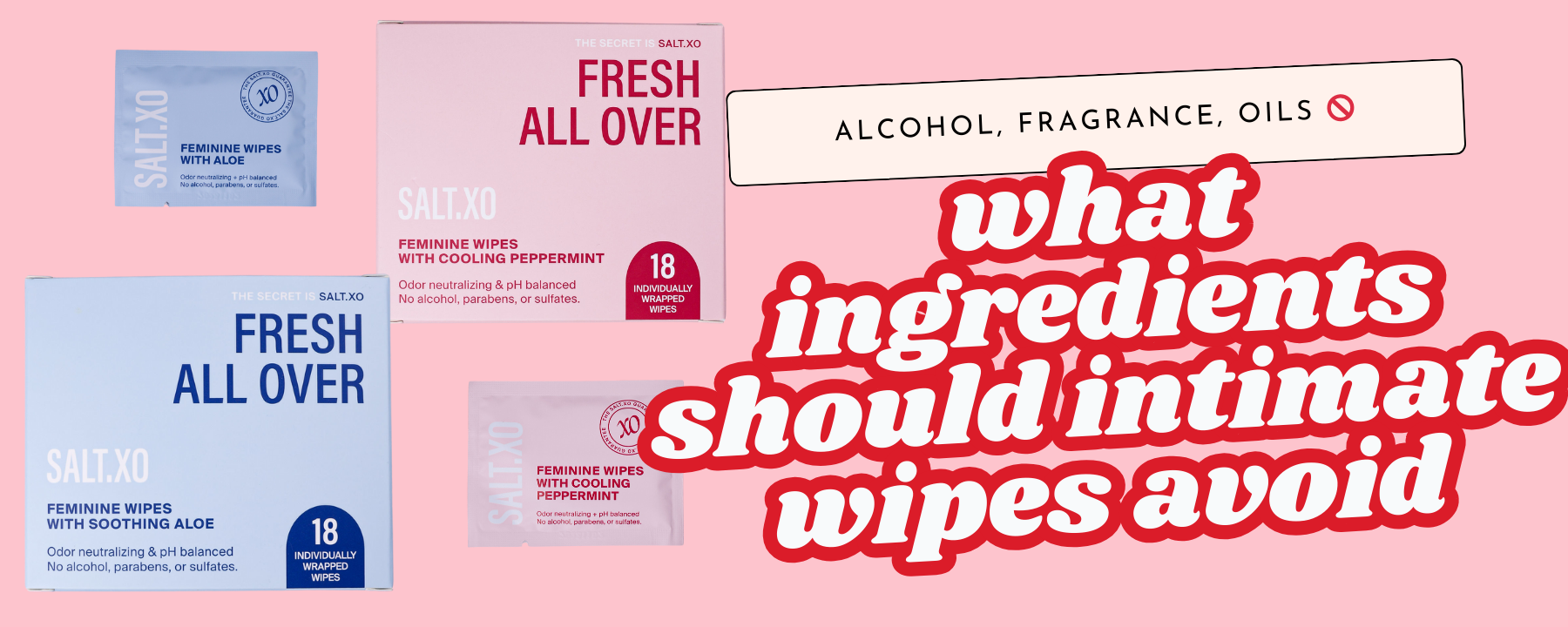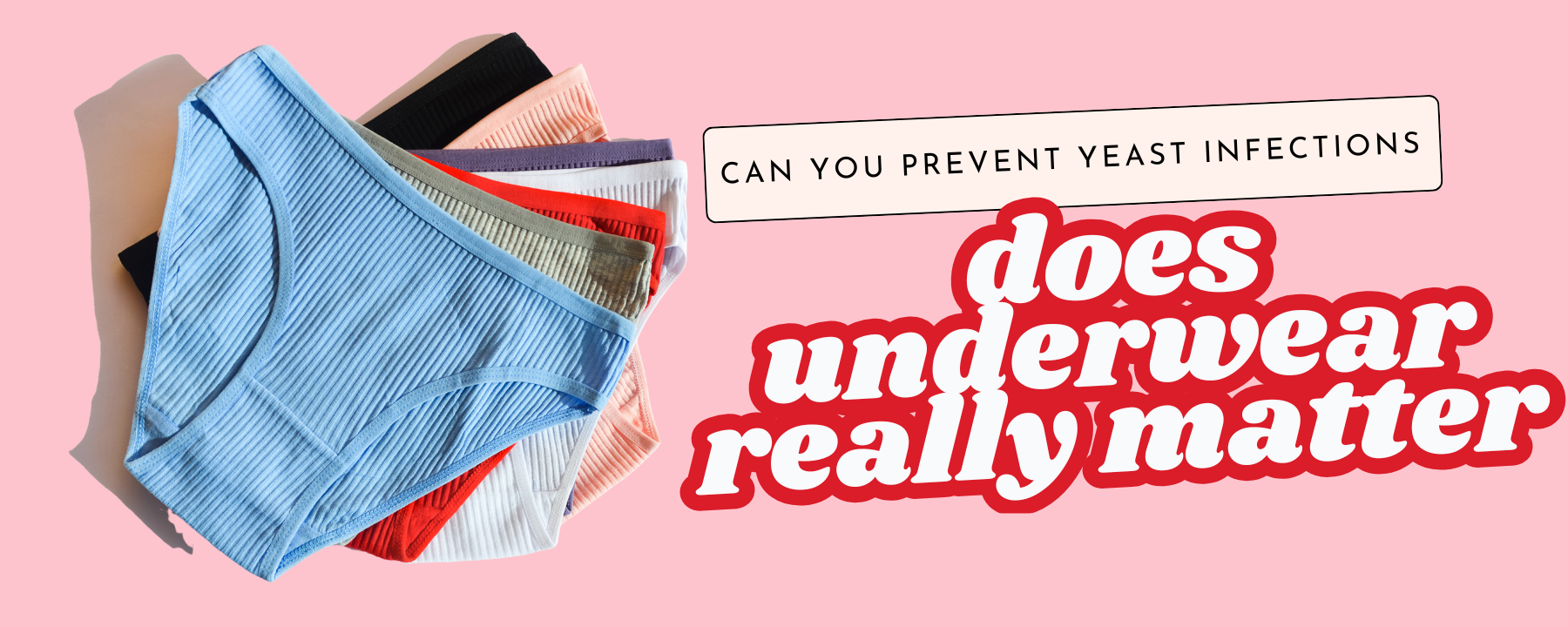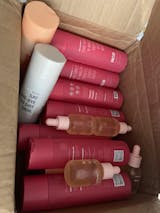Should I Use Washcloths, Loofahs, or Hands Only on the Vulva?

Use hands or a soft, clean washcloth to gently wash the external vulva. Avoid loofahs/mesh poufs on genital skin—they can be abrasive and harbor bacteria. The vagina is self-cleaning (no internal washing or douching).
TL;DR
-
Hands or soft washcloth = yes (external only).
-
Loofahs/poufs = no on the genital area (bacteria + abrasion).
-
The vagina is self-cleaning—do not wash inside or douche.
-
If you notice strong new odor, unusual discharge, itching, pain, or bleeding, see a clinician.
Vulva vs. Vagina (and What Actually Needs Washing)
-
Vulva = external: labia majora/minora, clitoral hood/clitoris, mons pubis, perineum, and the openings (urethral and vaginal).
-
Vagina = internal canal that naturally maintains an acidic environment and healthy bacteria (like Lactobacillus).
-
Only the vulva needs gentle, external washing. The vagina cleans itself via normal discharge.
Loofahs vs. Washcloths vs. Hands (Pros, Cons & Best Practices)
|
Tool |
Pros |
Cons |
Genital-Safe? |
Best Practice |
|
Hands |
Gentlest option; easy to control pressure |
None if hands are clean |
Yes |
Warm water; optional mild, fragrance-free cleanser (external only) |
|
Soft Washcloth |
Helpful to lift sweat/oils in folds |
Can irritate if rough or overused; must be laundered often |
Yes (gently) |
Use light pressure; fresh, clean cloth; launder after each use if possible |
|
Loofah/Mesh Pouf |
Exfoliates body skin |
Harbors bacteria; abrasive for delicate genital skin |
No |
Avoid on genital area entirely; if used on body, clean/dry thoroughly and replace often |
Why avoid loofahs on the vulva? They’re porous, trap moisture and bacteria, and can create micro-abrasions on delicate skin—raising irritation risk.
How to Wash the Vulva (Sensitive-Skin Routine)
-
Warm water; hands or a soft washcloth.
-
If you prefer a cleanser, choose mild, fragrance-free, pH-considerate—and use externally only.
-
Rinse thoroughly (no residue in skin folds).
-
Pat dry with a clean towel.
-
Wear breathable underwear; change out of wet swimsuits/sweaty leggings promptly.
Prefer a gentle external cleanse? Explore Salt.Xo Yoni Washes (Original, Sensitive/Grapefruit, Seedless)—made for external use only.
On-the-go? Try Salt.Xo Individually Wrapped Wipes (alcohol-free, pH-considerate) for a quick external refresh.
Common Mistakes to Avoid
-
Scrubbing the vulva or using rough tools (loofahs/poufs).
-
Douching or using perfumed “deodorant” sprays on the vulva.
-
Using strong soaps or bubble baths on genital skin.
-
Reusing damp/dirty washcloths.
-
Sitting in wet or tight clothing for long periods.
When to See a Clinician
-
Strong, new odor, unusual/green/gray discharge, itching/burning, pain, bleeding, fever, or symptoms that persist/keep returning—get checked. Proper diagnosis matters (BV vs. yeast vs. other causes).
FAQs
Is a loofah safe for vulvar skin?
No. Loofahs and mesh poufs can be abrasive and harbor bacteria—avoid them on the genital area.
What’s safest—hands or a washcloth?
Hands are gentlest. A soft, clean washcloth is fine using light pressure—wash/dry it thoroughly between uses.
Do I need soap?
Water is often enough. If you use a cleanser, keep it mild, fragrance-free, pH-considerate, and external only.
Should I douche to fix odor?
No. Douching disrupts natural balance and can worsen symptoms. See a clinician if odor or discharge changes.
How often should I wash?
Once daily is enough for most people; add a gentle rinse after sweat-heavy activities.
Medical disclaimer: This article is educational and not a substitute for professional medical advice. If you have symptoms or concerns, consult a qualified clinician.





Comments